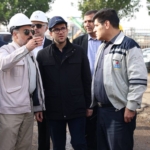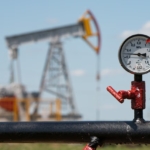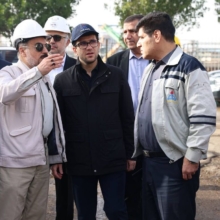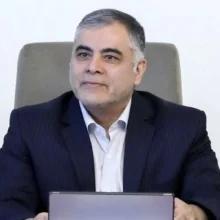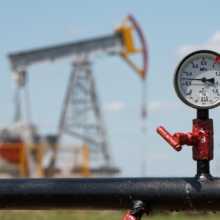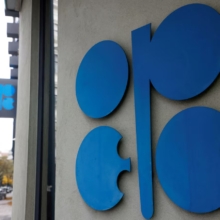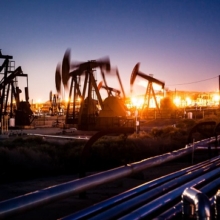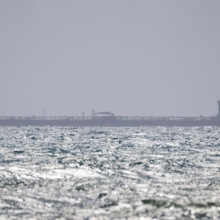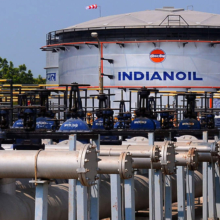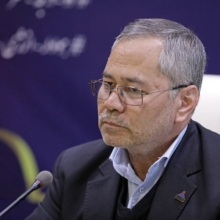Pezeshkian Presents Budget Bill to the Parliament
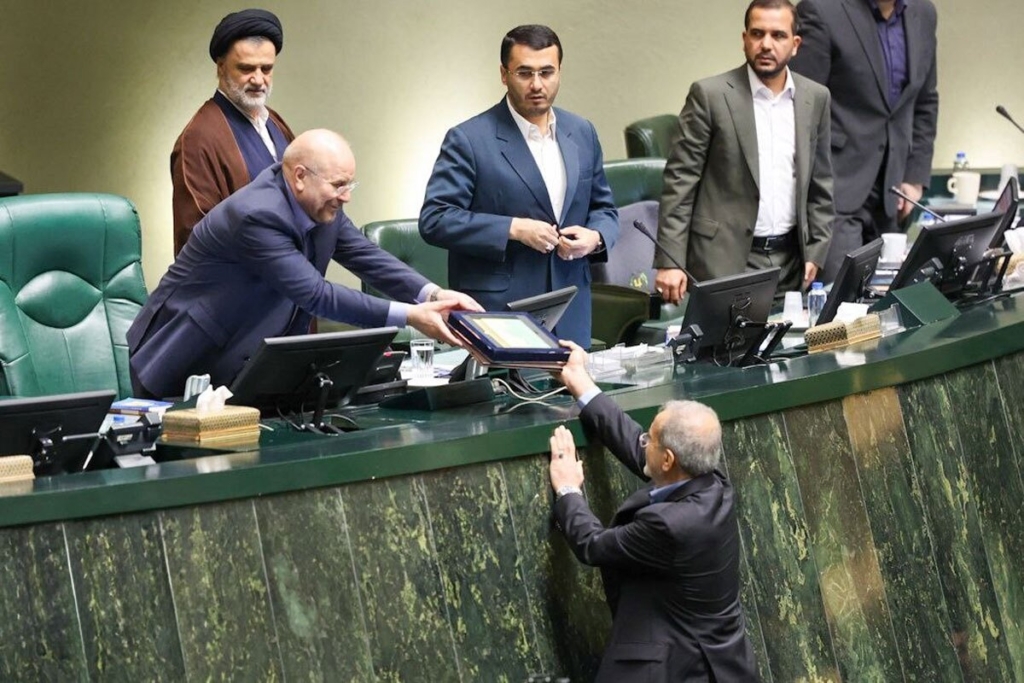
RoydadNaft – Iranian President Masoud Pezeshkian, while presenting the budget bill for the next Iranian calendar year of 1404 to the parliament, stated that reforming energy subsidies is one of the main challenges of the proposed budget.
In the public session of the Islamic Consultative Assembly, he said, “Today I present the budget bill for the year 1404, which is the result of two months of continuous work by my colleagues in the government, to the parliament for review. This budget has been drafted with awareness of your concerns and based on my experience in the parliament and the commitments I made to the people during the elections.”
He added: “In drafting the budget bill, we have tried to consider all groups. We have tried to speak honestly with you, the people and representatives, to present real numbers, and to commit only to what we can achieve.”
He also said: “This budget, in the economic reform section, is the result of numerous meetings with university professors and heads of the parliamentary economic commissions.”
The president reminded that the government prioritized four principles in drafting the budget: aligning budget provisions with the 7th development plan’s tasks, supporting underprivileged groups, setting budget provisions based on justice, and strengthening the country’s defense capabilities considering regional conditions and existing threats.
He stated that serious attention to economic growth and reducing inflation, as one of the major goals of the seventh program, is another feature of next year’s budget bill.
Pezeshkian added: “One of the existing budget challenges is the reform of energy subsidies. This year’s gasoline consumption is about 40 percent more than in 2019.”
He continued: “Today, the cost of gasoline, excluding oil prices — which includes refining costs, product transportation costs, and gas station maintenance costs — is about 8,000 tomans, and this year around 90 trillion tomans, and if the current trend continues, next year about 130 trillion tomans will have to be spent on gasoline imports.”

